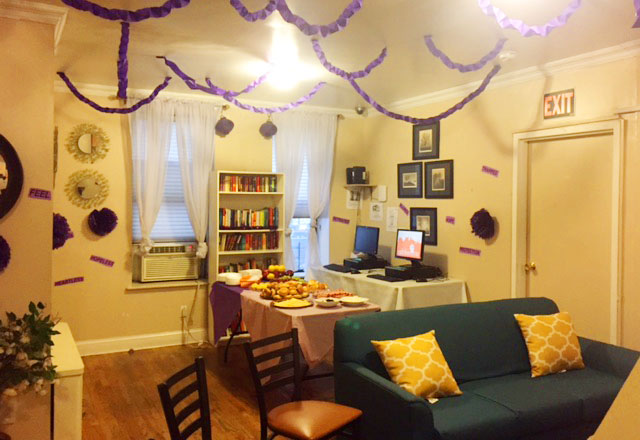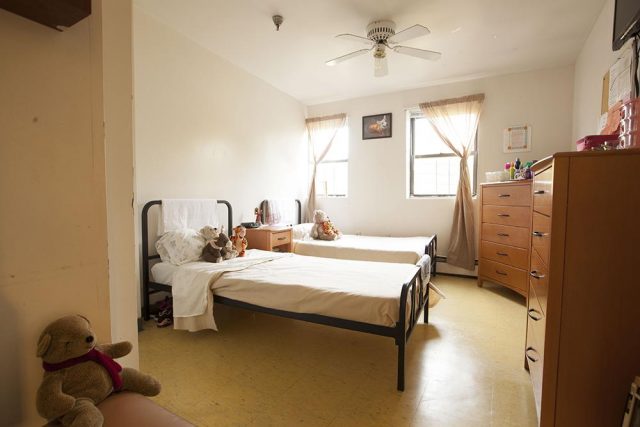Funding Area: Poverty Alleviation
Since 1978, Safe Horizon has provided access to safety and hope for New Yorkers affected by crime, abuse, violence, and exploitation. Each year, we touch the lives of more than 250,000 people, working towards our vision of a society free of family and community violence. Our services include the largest continuum of comprehensive domestic violence services in the United States; the only New York State-licensed mental health clinic specializing in the treatment of trauma resulting from violence and abuse; and a host of other innovative programs.
Our involvement: The Marty Tomberg Charitable Fund has financially supported this organization.
Projects We Support
Financial Education and Empowerment Development Program For 40 years, Safe Horizon’s Domestic Violence Shelters have served as a safe place, a welcoming community, and a range of supportive services for families seeking refuge from harm, and help in healing and rebuilding. Its family shelter network includes six shorter-term emergency shelters and two longer-term shelters. In 2018, its shelters housed 849 adult survivors of domestic violence and 1,204 children. Increasingly, we recognize the urgency of supporting the financial empowerment for the survivors who come to our shelters. In most cases of domestic violence, financial abuse has been reported in one form or another. 70% of our clients have reported that their partners have kept financial information from them, while 65% of them have reported that their partners have prevented them from keeping their own money. In order to gain independence and financial security, survivors are participating in Safe Horizon’s Financial Education & Empowerment Development (FEED) Program. FEED is a seven module, trauma-informed, economic empowerment curriculum designed to help participants develop an enhanced sense of self-determination and self-sufficiency through financial education. In the long-term, Safe Horizon aims to use this program as a replicable model to fill the knowledge and practice gap for economic empowerment of domestic violence survivors.
Support Dates: March, 2019 – March, 2020
Organization and Project Photos



